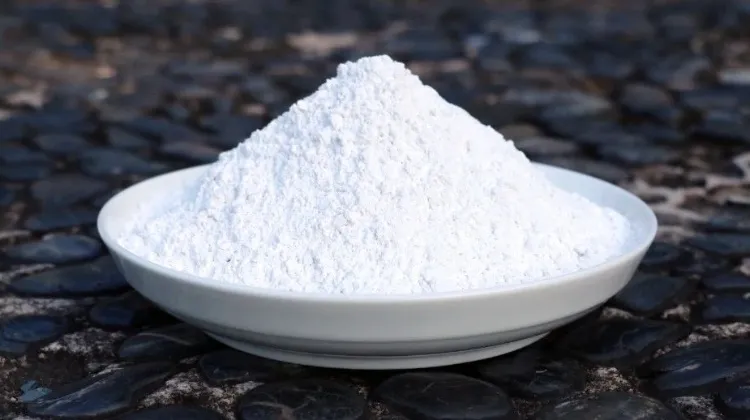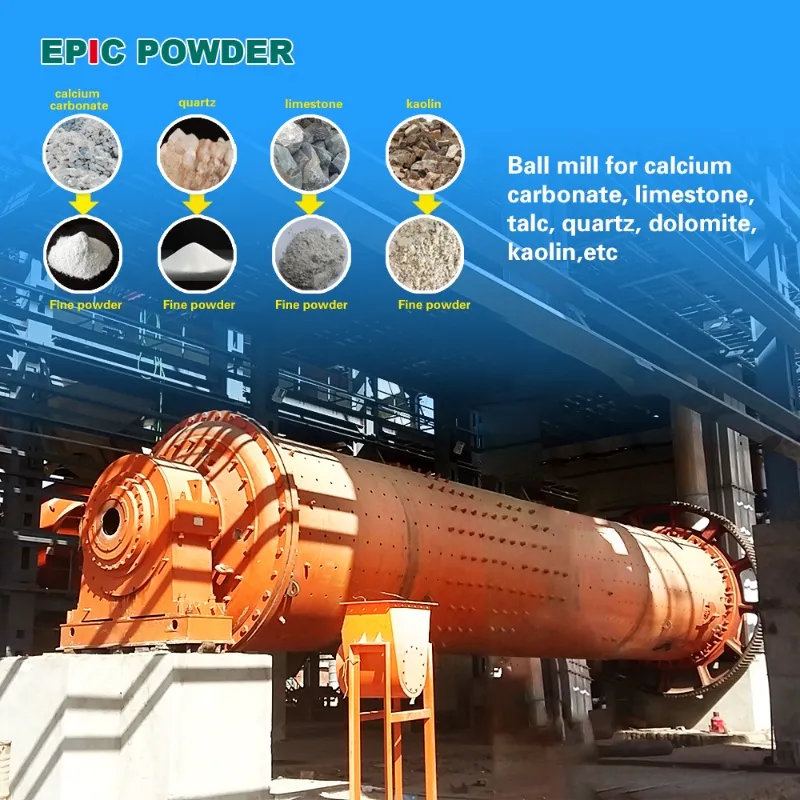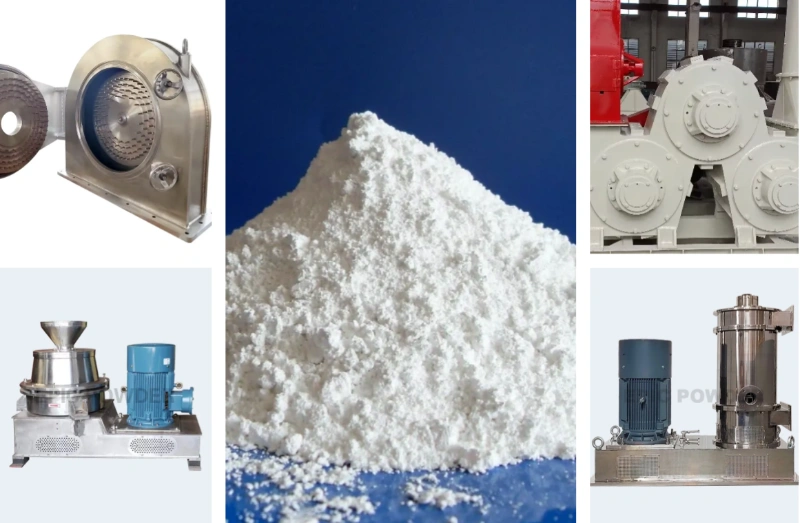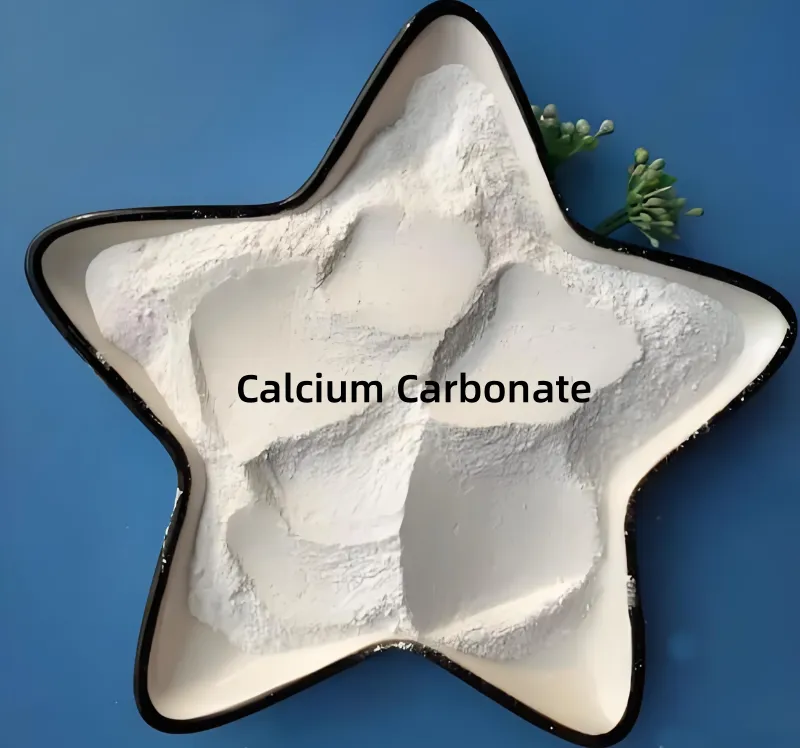Calcium carbonate (CaCO₃) is one of the most important and widely used non-metallic mineral materials in modern industry, with applications spanning plastics, paper, coatings, rubber, construction, and advanced materials. Its raw mineral sources are diverse, including calcite, limestone, marble, chalk, and aragonite, each exhibiting unique physical and chemical characteristics. To obtain powders with the required fineness and performance, different processing methods are adopted, and the use of a Calcium Carbonate Grinding Machine plays a decisive role in achieving efficient grinding, precise classification, and consistent product quality.

Calcite Grinding Machine
Calcite is the most common form of calcium carbonate, usually found in crystalline or massive form. It has high CaCO₃ content and stable properties, making it an ideal raw material for ultrafine powder processing.
Preparation method:
Calcite ore is first crushed and screened, followed by fine grinding using ball mills, Raymond mills, or vertical mills. For ultrafine calcite powder, jet mills or ball mill–classifier production lines are often employed, producing powders with D97 ranging from 3–10 μm or even finer.
Limestone Grinding Machine
Limestone is a sedimentary rock mainly composed of calcite, often containing small amounts of clay, silica, or magnesium. Its reserves are abundant and it is the most widely used calcium carbonate mineral in industry.
Preparation method:
Limestone is crushed, ground, and classified according to the desired product fineness. It can be made into heavy calcium carbonate for fillers in plastics, coatings, and construction materials. High-quality limestone can also be calcined into lime, and further processed into precipitated calcium carbonate (PCC) via chemical reactions.
Marble Grinding Machine

Marble is a metamorphic rock formed from recrystallized limestone or dolomite, characterized by compact structure, high hardness, and bright color. Due to its high purity and fine texture, marble is often used to produce high-grade calcium carbonate powders.
Preparation method:
After crushing and grinding, marble is processed into fine or ultrafine powders using ball mills, vertical mills, or ring roller mills. These powders exhibit excellent whiteness and are commonly used in paper, paints, coatings, and other industries requiring high-quality fillers.
Chalk Grinding Machine
Chalk is a soft, porous form of calcium carbonate formed from the skeletal remains of marine organisms. Its structure is loose, easy to grind, and it has high natural whiteness.
Preparation method:
Chalk is usually directly crushed and ground into powders. Due to its softness, energy consumption during grinding is relatively low. The resulting powders have fine particle size and high whiteness, making them ideal for rubber, coatings, and plastics applications.
Aragonite Grinding Machine
Aragonite is a polymorph of calcium carbonate, with the same chemical composition as calcite but a different crystal structure. It is less common in natural reserves but is of significant industrial interest due to its fine needle-like or columnar morphology.
Preparation method:
Aragonite is mainly obtained through chemical precipitation methods rather than direct grinding. By controlling reaction conditions such as temperature, pH, and additives, aragonite whiskers or fine powders can be synthesized, which are widely applied in high-performance composites.

Characteristics and Selection of Different Calcium Carbonate Minerals
Calcite: Highly stable, commonly found in GCC and PCC, widely used in coatings, plastics, and papermaking.
Aragonite: Needle-shaped or columnar crystals, high strength, often used as functional fillers.
Vaterite: Thermodynamically unstable, but with a large specific surface area, suitable for high-end applications such as pharmaceuticals and catalyst supports.
Epic Powder
As the calcium carbonate industry continues to upgrade, ultrafine grinding, precise classification, and surface modification have become key to improving product value and competitiveness.
Epic Powder, with over 20 years of expertise in powder engineering, specializes in the production of ultrafine calcium carbonate. Its main calcium carbonate grinding machine includes:
- Jet Mills: For high-purity ultrafine calcium carbonate (D97 = 3–10 μm).
- Ball Mill–Classifier Production Lines: Ideal for large-scale production of calcite, marble, and limestone powders with controlled particle size distribution.
- Vertical Roller Mills & Ring Roller Mills: Efficient production of heavy calcium carbonate in the range of 325–2500 mesh.
- Surface Modification Machines: Enhancing dispersion, compatibility, and performance of calcium carbonate powders in plastics, rubber, and coatings.
With advanced equipment and deep process expertise, Epic Powder is committed to transforming ordinary calcium carbonate into high-value functional powders, creating greater industrial value in plastics, coatings, paper, rubber, and new materials.
